In the world of modern farming, efficiency, precision, and sustainability are key considerations for every farmer. The chisel plough has emerged as a versatile tool that encompasses all these attributes. This article will delve into the benefits of chisel ploughs and explain why their adoption can lead to more productive and eco-friendly farming practices. Increased Soil Health: Chisel ploughs play a crucial role in maintaining soil health by reducing soil compaction. Unlike traditional ploughs that invert the soil, chisel ploughs penetrate the ground without entirely turning the soil upside down. This minimal soil disturbance helps preserve the organic matter and beneficial microorganisms necessary for healthy soil structure. Additionally, the chisel action allows for better nutrient absorption, root penetration, and water infiltration, leading to improved crop growth and yield. Enhanced Water Management: One of the most vital aspects of farming is effective water management, especially in regions prone to drought or water scarcity.
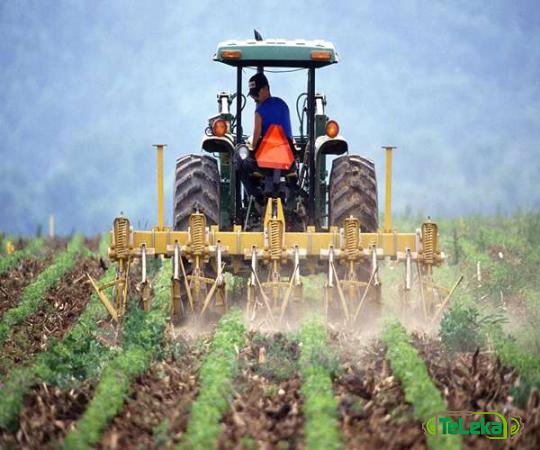
.
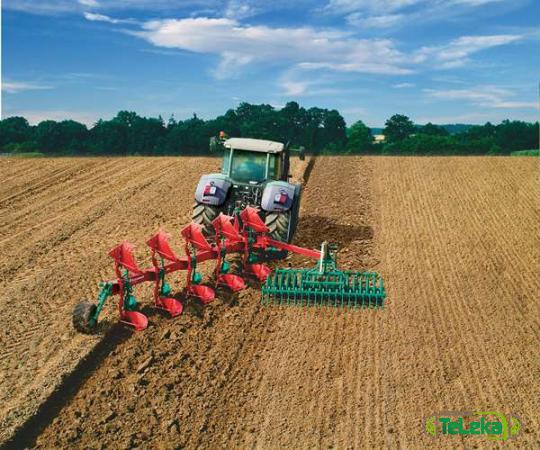 Chisel ploughs are designed with shanks that create deep furrows, effectively increasing the soil’s capacity to retain water. This water-saving feature allows farmers to overcome water stress and optimize irrigation practices, ultimately reducing water consumption and enhancing crop productivity. Erosion Control: Soil erosion is a significant concern for farmers, as it not only results in the loss of valuable topsoil but also contributes to serious environmental issues. Chisel ploughs aid in combating erosion by leaving crop residue on the soil surface. The residue acts as a protective layer, reducing the impact of rainfall and wind, thereby preventing soil erosion. By preserving the topsoil, chisel ploughs help maintain soil fertility and minimize the need for costly soil erosion control measures. Weed Suppression and Pest Control: Farmers are constantly challenged with weed and pest control issues, which can significantly impact crop yield and quality.
Chisel ploughs are designed with shanks that create deep furrows, effectively increasing the soil’s capacity to retain water. This water-saving feature allows farmers to overcome water stress and optimize irrigation practices, ultimately reducing water consumption and enhancing crop productivity. Erosion Control: Soil erosion is a significant concern for farmers, as it not only results in the loss of valuable topsoil but also contributes to serious environmental issues. Chisel ploughs aid in combating erosion by leaving crop residue on the soil surface. The residue acts as a protective layer, reducing the impact of rainfall and wind, thereby preventing soil erosion. By preserving the topsoil, chisel ploughs help maintain soil fertility and minimize the need for costly soil erosion control measures. Weed Suppression and Pest Control: Farmers are constantly challenged with weed and pest control issues, which can significantly impact crop yield and quality.
..
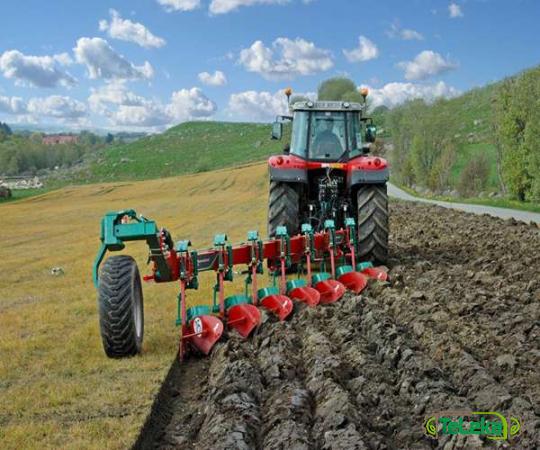 Chisel ploughs offer an effective solution by incorporating crop residues into the soil, which helps suppress weed growth and disrupts the life cycle of pests. Furthermore, the increased soil aeration resulting from the chisel action stimulates the activity of beneficial insects that naturally control pests. With reduced reliance on chemical pesticides, chisel ploughs contribute to environmentally sustainable farming practices. Time and Cost Efficiency: In addition to their agronomic benefits, chisel ploughs also offer undeniable time and cost savings. Compared to conventional ploughing methods, chiseling requires less horsepower and fuel consumption. The reduced power requirements translate into fewer passes across the field, saving time and reducing wear and tear on machinery. Moreover, the minimal soil disturbance minimizes labor and equipment requirements for subsequent field operations, such as seedbed preparation or fertilizer application.
Chisel ploughs offer an effective solution by incorporating crop residues into the soil, which helps suppress weed growth and disrupts the life cycle of pests. Furthermore, the increased soil aeration resulting from the chisel action stimulates the activity of beneficial insects that naturally control pests. With reduced reliance on chemical pesticides, chisel ploughs contribute to environmentally sustainable farming practices. Time and Cost Efficiency: In addition to their agronomic benefits, chisel ploughs also offer undeniable time and cost savings. Compared to conventional ploughing methods, chiseling requires less horsepower and fuel consumption. The reduced power requirements translate into fewer passes across the field, saving time and reducing wear and tear on machinery. Moreover, the minimal soil disturbance minimizes labor and equipment requirements for subsequent field operations, such as seedbed preparation or fertilizer application.
…
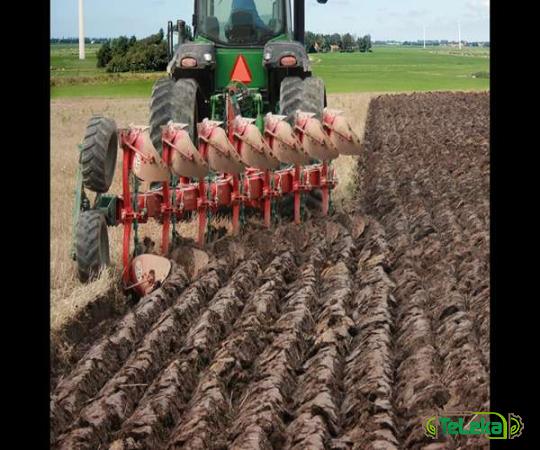 Conclusion: In the fast-paced and demanding world of modern farming, embracing innovative and sustainable practices is essential for ensuring productivity and profitability. Chisel ploughs have emerged as an invaluable tool for farmers striving for precision, efficiency, and resource conservation. By optimizing soil health, water management, erosion control, weed suppression, and pest control, chisel ploughs pave the way for sustainable and profitable farming practices. Embrace the power of chisel ploughs and unlock the potential for a more productive and environmentally friendly future in agriculture.
Conclusion: In the fast-paced and demanding world of modern farming, embracing innovative and sustainable practices is essential for ensuring productivity and profitability. Chisel ploughs have emerged as an invaluable tool for farmers striving for precision, efficiency, and resource conservation. By optimizing soil health, water management, erosion control, weed suppression, and pest control, chisel ploughs pave the way for sustainable and profitable farming practices. Embrace the power of chisel ploughs and unlock the potential for a more productive and environmentally friendly future in agriculture.
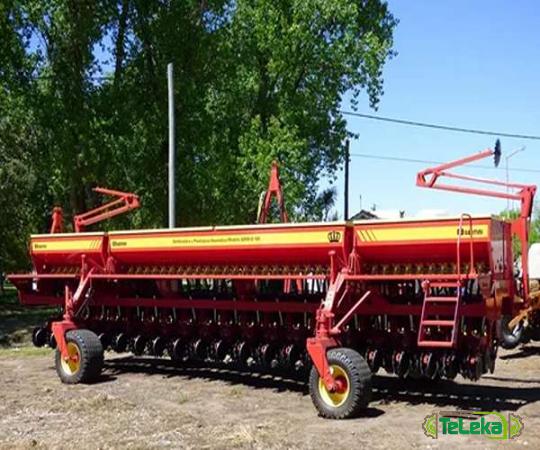
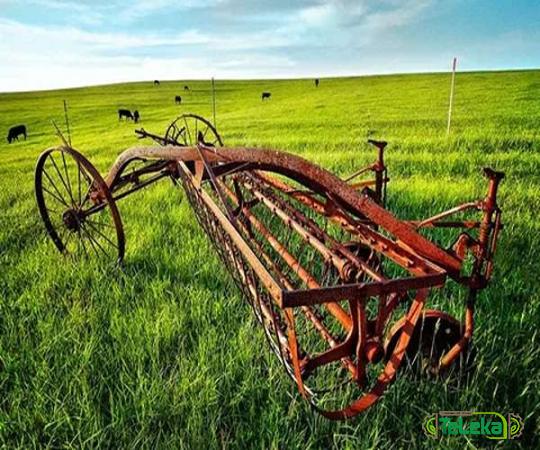
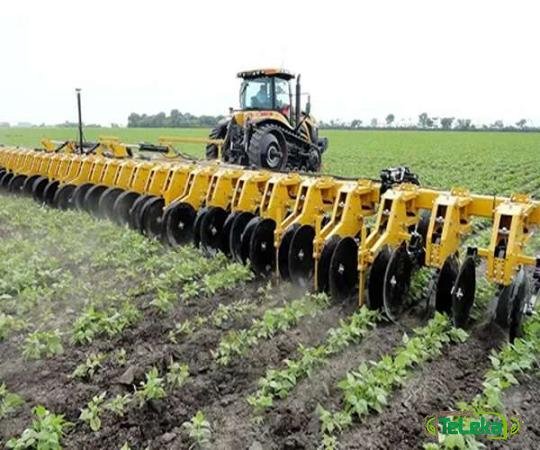
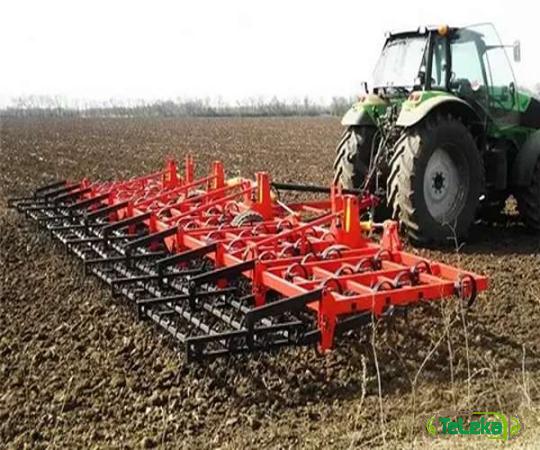





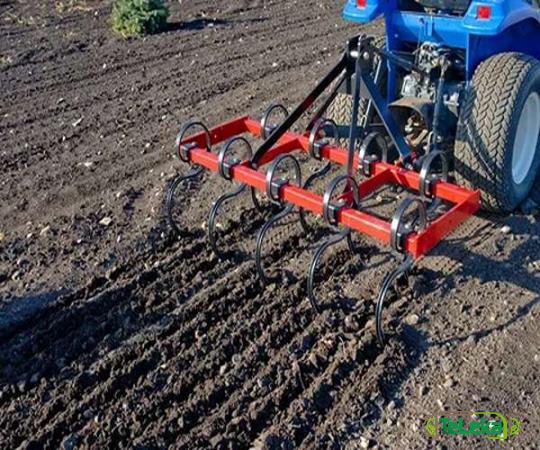
Your comment submitted.